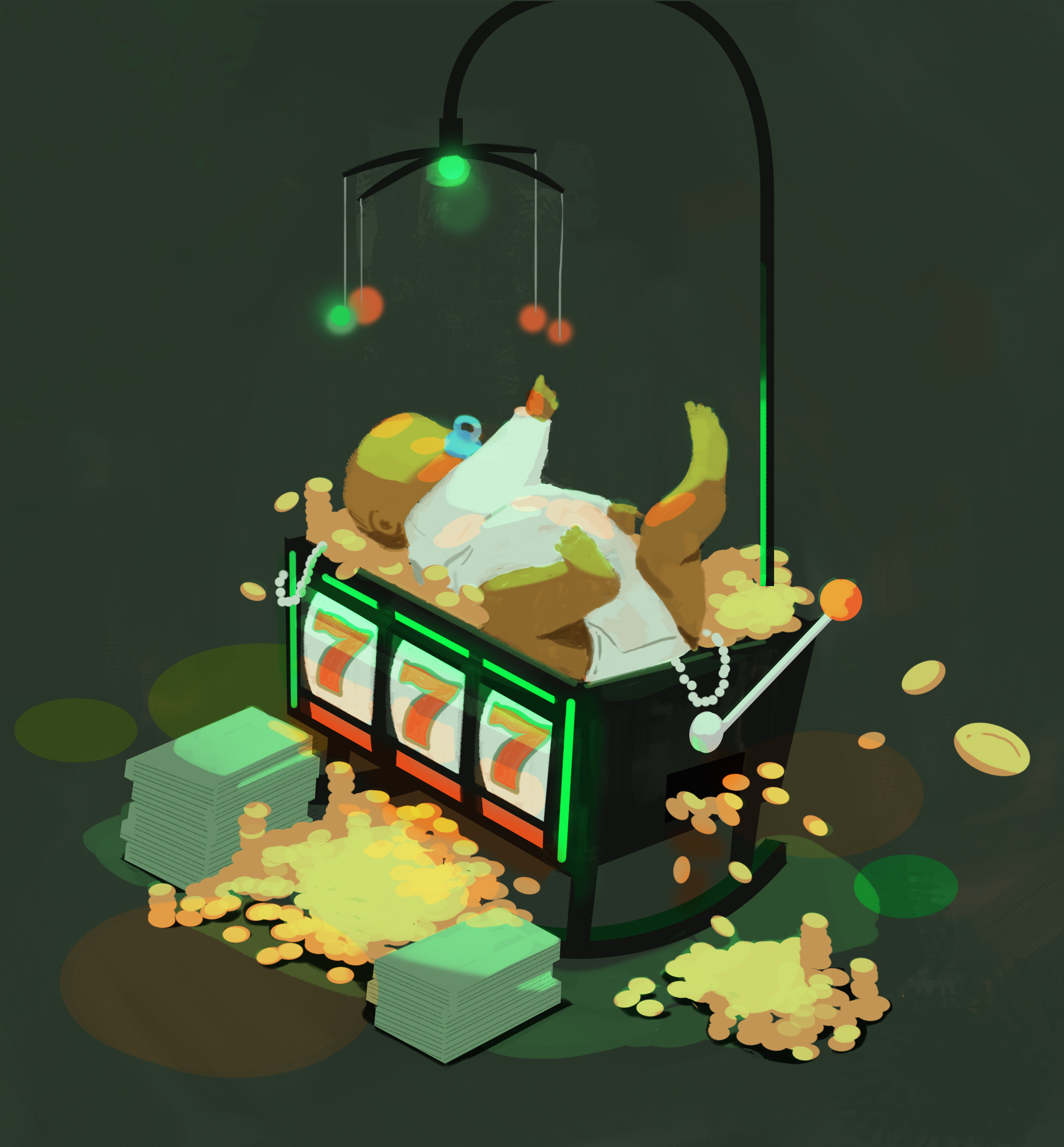
Family Fortune
The Great Wealth Transfer will change Canada's economy. And maybe Canada itself.
The Great Wealth Transfer will change Canada’s economy. And maybe Canada itself.

The Great Wealth Transfer will change Canada’s economy. And maybe Canada itself.
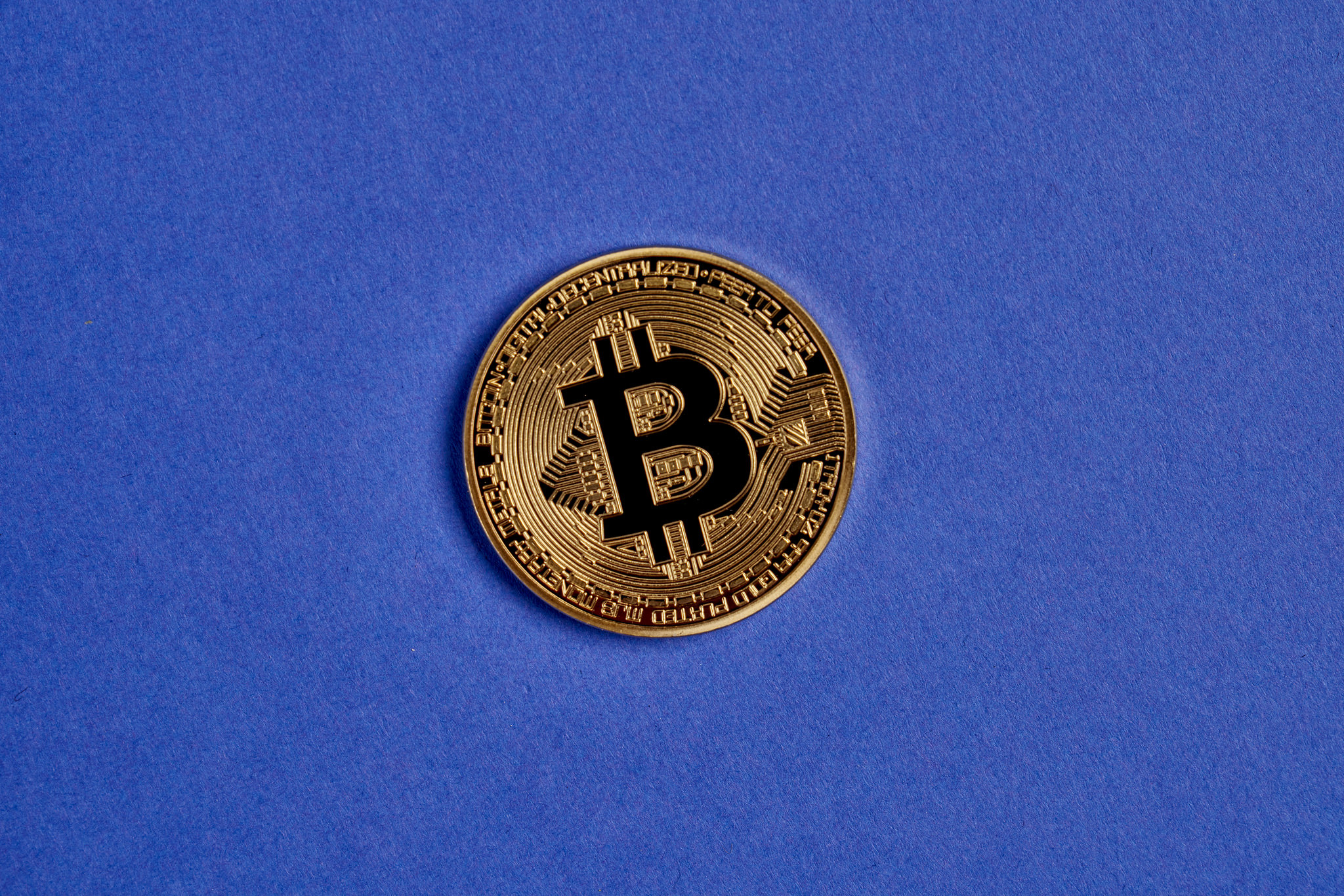
Developed in 2009 as an unregulated, decentralized payment system that bypasses banks and other middlemen, bitcoin has become perhaps the definitive example of financial speculation.
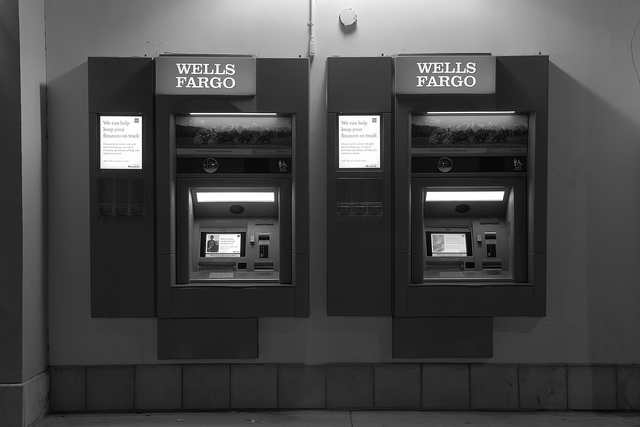
Why open accounts for people who don’t want them? Simple: survival.

The most depressing part of the story: it’s the same old story.
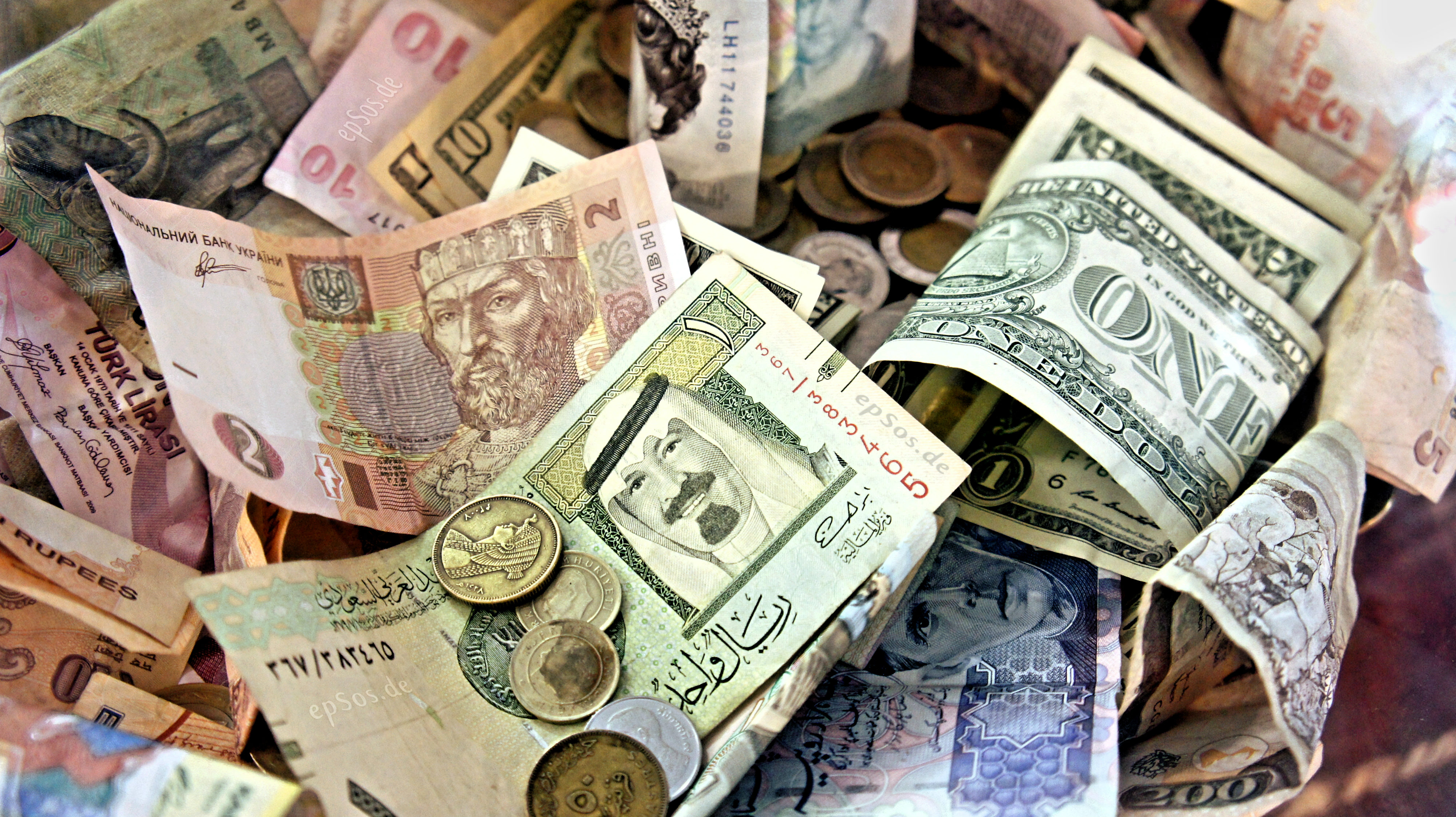
China fired first. Maybe it was Brazil. It could have been Mexico. Or perhaps Japan. Whoever pulled the trigger, one thing is certain: the currency war is on. And the one who can debase their money furthest, and fastest, wins.

If one is looking to invest, the regular considerations might include Amazon, Google, Apple—even penny stocks (as one philosophy suggests, where is there to go but up?). Yet recent research indicates the most lucrative investment might not be in gold.
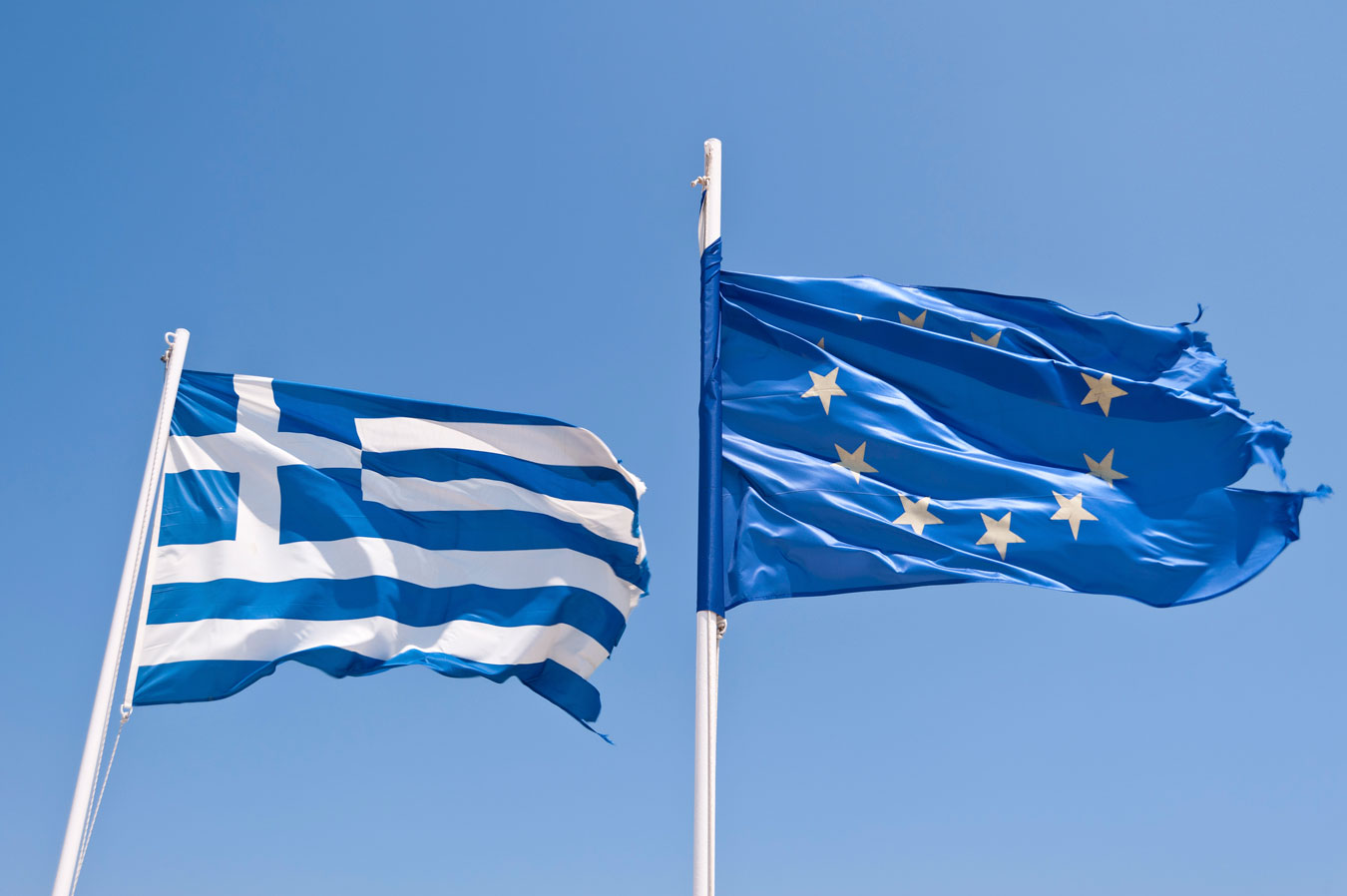
Odysseus had Scylla and Charybdis; in the present day, Greeks have been forced to choose between austerity and bankruptcy. The devil and the deep blue sea—either way, the chances of coming out in one piece are pretty slim.
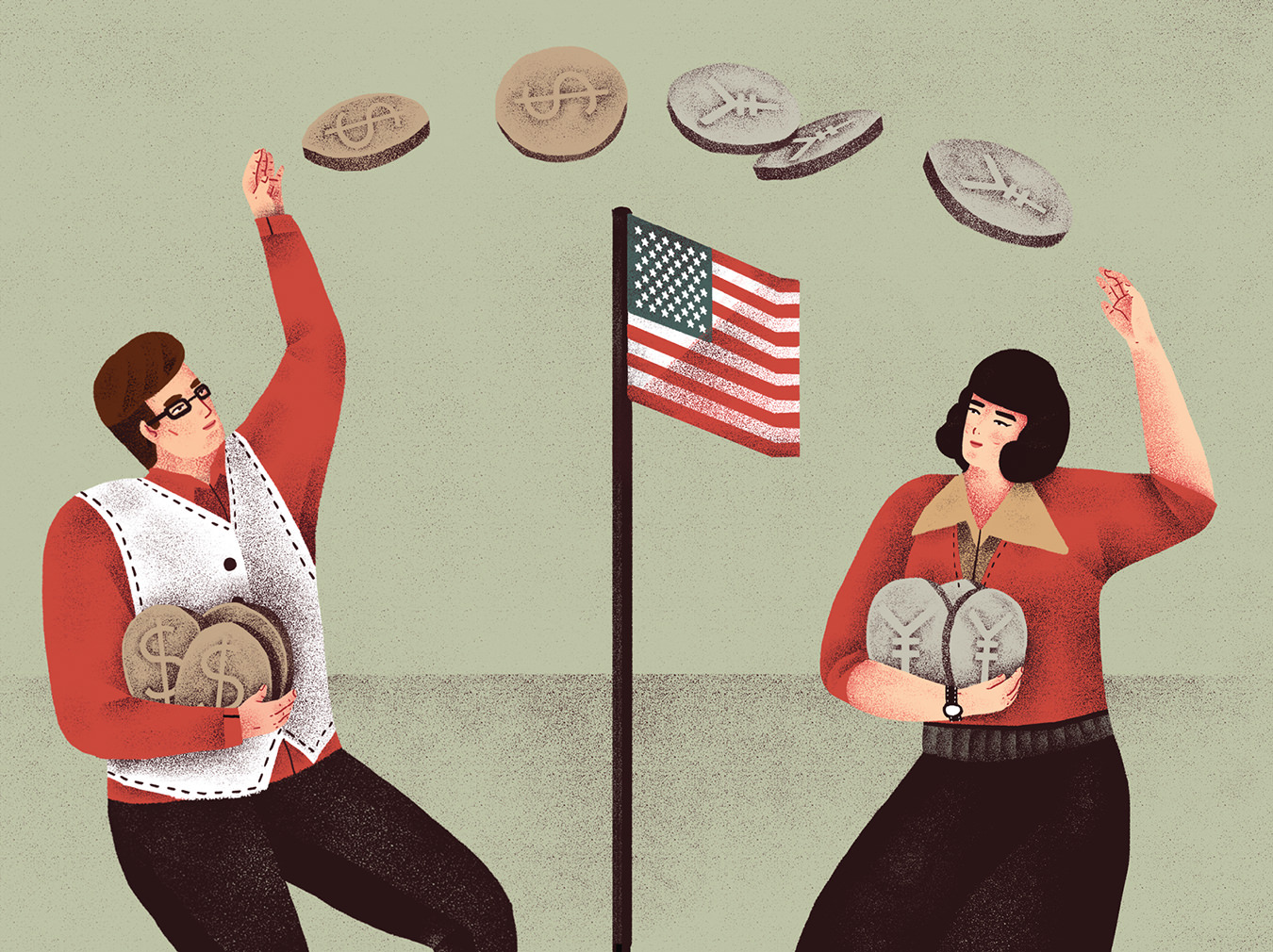
It was the kind of story that sends the financial press into spasms of ecstasy. Back in November, a smiling Mr. Harper stepped in front of the cameras at the Great Hall of the People and announced that Canada secured the rights to become the first North American trading hub for the renminbi, China’s official currency.

It wasn’t the service. Or the ambience. And let’s be honest with ourselves—it wasn’t the coffee or the doughnuts either. No, it was a feeling that turned Tim Hortons into our national coffee shop. Call it a sense of humble comfort: a small-town, aw-shucks goodness its customers liked to see in themselves.